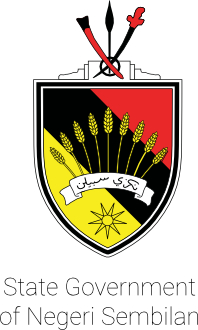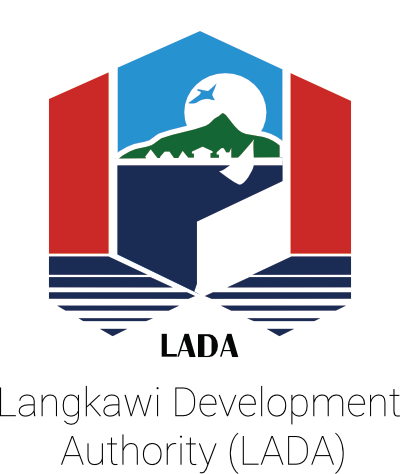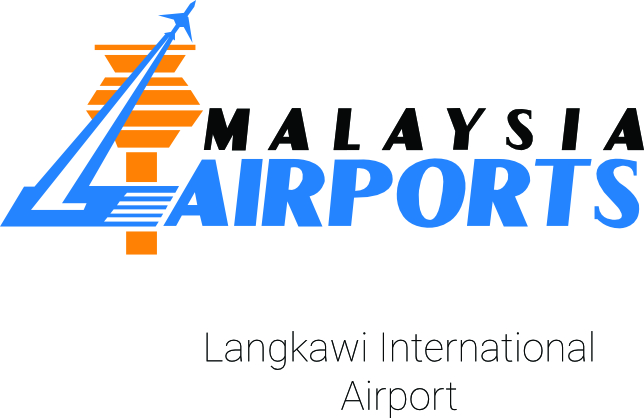
28th International Input-Output Association Conference
and
10th Edition of the International School of I-O Analysis
28th Aug - 02nd Sept 2022, Langkawi Island, Malaysia
|
|
Keynotes Speakers
In the 28th IIOA conference, we will have three plenary sessions, each of which will be delivered by prominent invited speakers who have vast experience in the input-output research area. The plenary sessions will be held from 30th August (Tuesday) until 1st September 2022 (Thursday) at the Bayview Hotel Main Ballroom. Each plenary session will run for one hour with 30 minutes presentation, followed by 30 minutes of discussion.
For this edition, the IIOA, the LOC and the SPC would like to honour three reputable speakers to the 28th IIOA Conference. The line-up of the speakers and their details are as follows:

Career profile
Heinz D. Kurz is an Emeritus Professor of Economics at the Department of Economics and Fellow of the Graz Schumpeter Centre, University of Graz, Austria. His main areas of research are the theory of production, value and income distribution, technological change, economic development and growth, input-output analysis and the history of economic analysis.
Heinz has directed several research projects, most recently one on smart technologies and their economic and social implications; see H.D. Kurz et al (eds),The Routledge Handbook of Smart Technologies (2022).
He is inter alia the author of Economic Thought: A Brief History (Columbia University Press); together with Neri Salvadori of Theory of Production: A Long-period Analysis (Cambridge University Press); together with Erik Dietzenbacher and Christian Lager the editor of the three volumes of Input-Output Analysis (Edward Elgar). He has published numerous articles in journals including Economic Systems Research, Journal of Economic Behavior and Organization, Journal of Evolutionary Economics, Journal of Political Economy and Metroeconomica . He is a managing editor (together with Neri Salvadori) of Metroeconomica and was a founder and managing editor of The European Journal of the History of Economic Thought. Works by him have been translated into several languages, including Chinese, French, Italian, Japanese, Russian, Serbian, Spanish and Turkish. He has been a visiting professor to many universities worldwide, including Bangkok, Bogotá, Cambridge, Nanjing, New York (New School), Osaka, Paris, Pisa, Tokyo, Windhoek and Wuhan. He has received several prizes and scholarly awards.
Presentation Theme
The keynote revolves around Lord Henry Wotton’s observation in Oscar Wilde’s The Picture of Dorian Grey : “The true mystery of the world is the visible, not the invisible.” Leontief insisted that economics should start from “what is objectively given”, since its usefulness depends on the “empirical validity” of its assumptions. Input-output seeks to uncover the mystery of the world. Its potential is larger than many of its practitioners seem to be aware of and a great deal larger than its critics admit. Without its objectivism, economics runs the risk of suffering the fate of the tailors of Laputa.
Presentation Deck: Download

Career profile
Keisuke Nansai is Research Director of the Material Flow Innovation Research Program (mfi.nies.go.jp) and Head of the Global Resource Sustainability Research Section at the Material Cycles Division at the National Institute for Environmental Studies (NIES), Japan. He is an adjunct professor at the Graduate School of Environmental Studies at Nagoya University in Japan. He is also a panel member of the International Resource Panel (IRP) of the United Nations Environmental Program. He is an editorial board member of Economic Systems Research(Taylor & Francis) and Environmental Research: Infrastructure and Sustainability(IOP publishing), also serving as an editor of Resources, Conservation & Recycling (Elsevier). He was awarded the Leontief Memorial Prize in 2007 and the Sir Richard Stone Prize in 2011 by the International Input-Output Association (IIOA).
Keisuke’s expertise is environmental systems analysis based on life cycle thinking, and he has mainly applied input-output analysis, life cycle analysis and material flow analysis to sustainability assessments. He has been developing a Japanese environmental input-output database called 3EID for more than 20 years, which is now widely used by Japanese companies in their Scope 3 environmental accounts. He was also involved in establishing the Japan-IElab, which compiles Japanese multiregional input-output tables, during his stay as a visiting professor at the Centre for Integrated Sustainability Analysis (ISA), the University of Sydney in 2019.
Keisuke’s current research interest is the nexus of planetary health and sustainable material use, such as material criticality regarding climate change mitigation/adaptation, human health impacts via material consumption, and global material trade harmonised with the planetary health.
Presentation Theme
As detailed input-output tables consisting of about 400 sectors have officially been complied in Japan, they are widely used to analyse the environmental domain of planetary health. In 2021, Japan declared that it will achieve a carbon-neutral society by 2050, and producers and consumers are required to make a drastic transition toward the society. Amidst this social dynamic, an input-output analysis (IOA) is now expected to become a tool that can sincerely act on the decision-making of diverse stakeholders to decarbonise. Keisuke will discuss the critical developments and prospects of IOA for this purpose.
Career profile
Dr. Marjorie Pajaron is currently an Associate Professor at the School of Economics of the University of the Philippines (UP), Diliman. Prior to her appointment, she was a Postdoctoral Fellow at Stanford University’s Walter H. Shorenstein Asia-Pacific Research Center from 2012–2013. She also served as a lecturer at the University of Hawai’i at Manoa Department of Economics where she also received her PhD in Economics. She was a Visiting Research Fellow at the University of Manchester, Global Development Institute in 2017.
Her research lies at the intersection of applied microeconometrics, health, labor, gender and development economics. She has published her works on international migration, weather shocks and risk-sharing in high-ranking ISI-listed international journals such as the Journal of Population Economics (JoPE) and Journal of Development Studies (JDS). Her other research papers on labor, health and environmental economics are included as working and discussion papers at Stanford University Asia Health Policy Program Working Paper series and Global Labor Organization Discussion Paper series. She has presented her papers in different international conferences including Population Association of America Annual Conference, Asian Meeting of the Econometric Society, A Manchester Migration Lab Conference, among others.
She serves as a referee in prestigious international journals such as JDS, JoPE, Review of Economics of the Household, among others. She was the recipient of the UP Centennial Professorial Chair Award for two consecutive years (2017 and 2018) and International Publication Award for three years (2016, 2017, 2020).
Presentation Theme
The National Transfer Accounts (NTA) constitute a systematic accounting of economic flows from one age group to another. It was motivated by economic lifecycle and the accounts constructed by researchers from about 80 countries that measure how individuals at every age produce, consume, save, and share economic resources. The NTA system was developed to improve our understanding of how demographic change can impact economic growth, generational equity, public finance, among others. The keynote focuses on the economic implication of the demographic transition in the ASEAN region using NTA and attempts to incorporate the role of input-output models into the analysis.

|

|

|

|